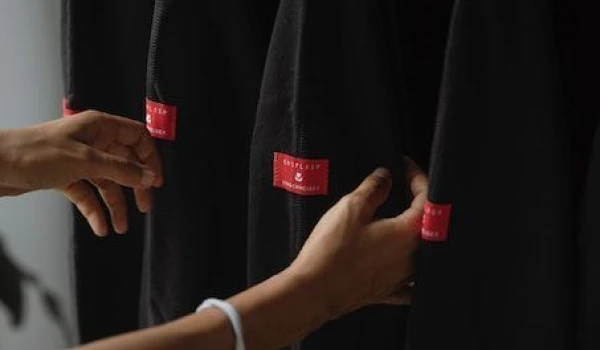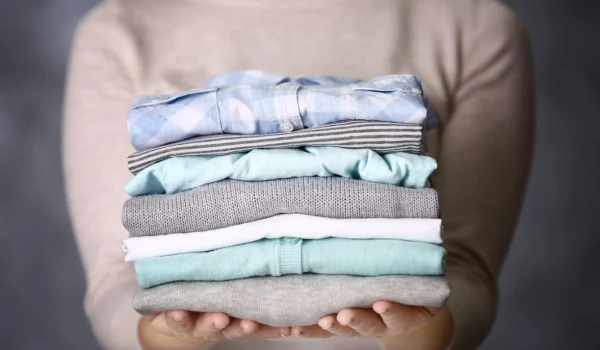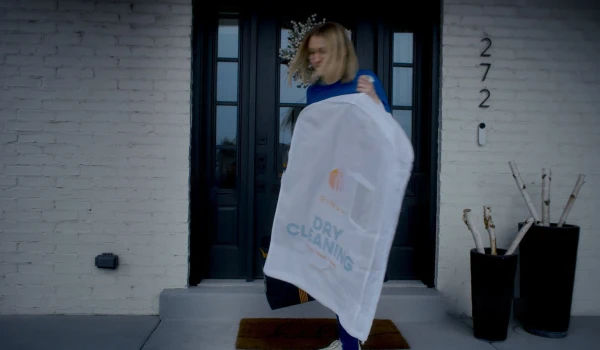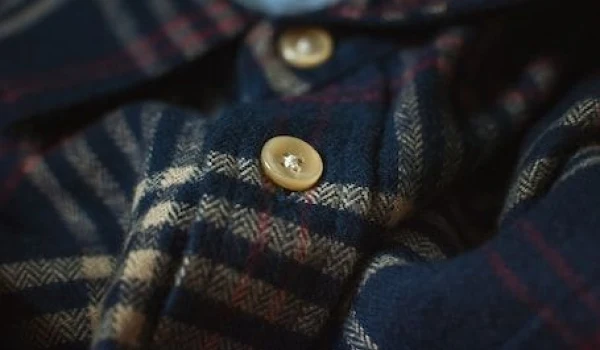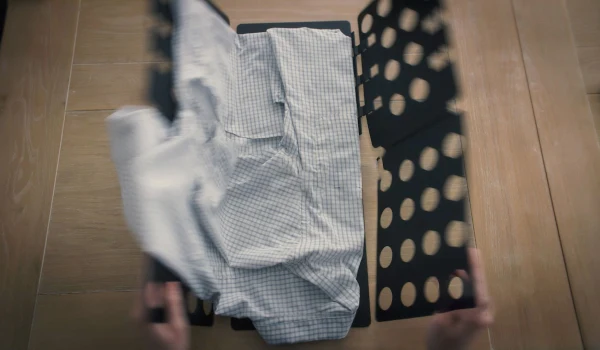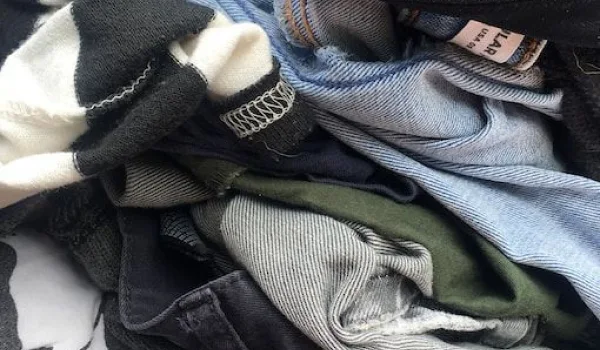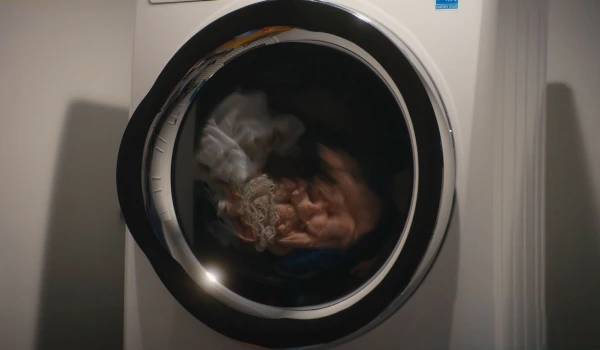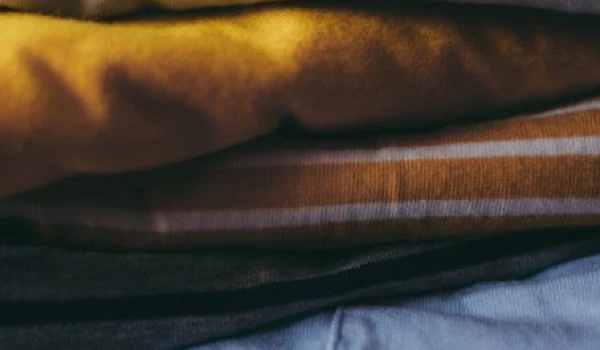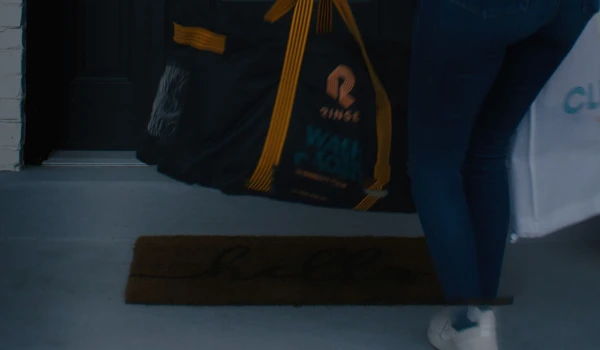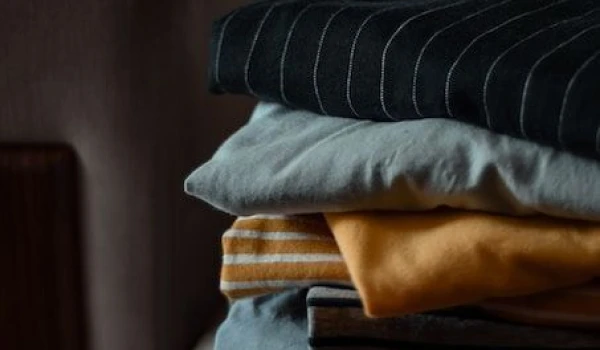Introduction
These days, everything is going green and laundry is not an exception. Word is getting out about the dangers of chemicals and synthetic dyes used in detergents. This has turned the heads of many people who care for the environment and are looking for sustainable alternatives for laundry detergent.
In this article, we will go over 6 natural alternatives as well as viable green laundry practices. So, if you have just run out of detergent or you are an environmentally-conscious person, these are the remedies you need to try!
6 Eco-Friendly & Natural Laundry Detergent Alternatives to Try
After extensive research regarding sustainable and eco-friendly laundry detergents, we have cherry-picked 6 of the most useful items for you:
1. Baking Soda + Vinegar:
You probably had no idea that an excellent laundry detergent can be found right in your pantry. It may seem old-fashioned, but baking soda can do wonders for your clothes. For starters, it can make your clothes cleaner and brighter.
Baking soda (also known as sodium bicarbonate) is a natural salt that can neutralize odors and give a shiny appearance to your clothes. As the scented detergents only mask odors with layers of chemicals, baking soda gets rid of odors on clothes by neutralizing them. As the soda makes contact with water, it makes the PH of the environment highly alkaline which in turn neutralizes the acids – the main source of bad odor. In addition, baking soda absorbs oils from clothes, which are also a source of smells.
Likewise, if vinegar is used along with the soda, it will expedite the process and will prove to be a great stain remover. Moreover, the combination will also work as a fabric softener.
Baking soda not only softens water, but it also acts as an effective antiseptic and prevents bacteria growth on clothes.
How to use it?
Add ½ cup of distilled white vinegar and 1 cup of baking soda to a laundry load in your washing machine. The soda can also be sprinkled onto the problem areas of your clothes before running the machine.
Some precautions:
Do not use wool and silk clothes as baking soda might damage the fabrics.
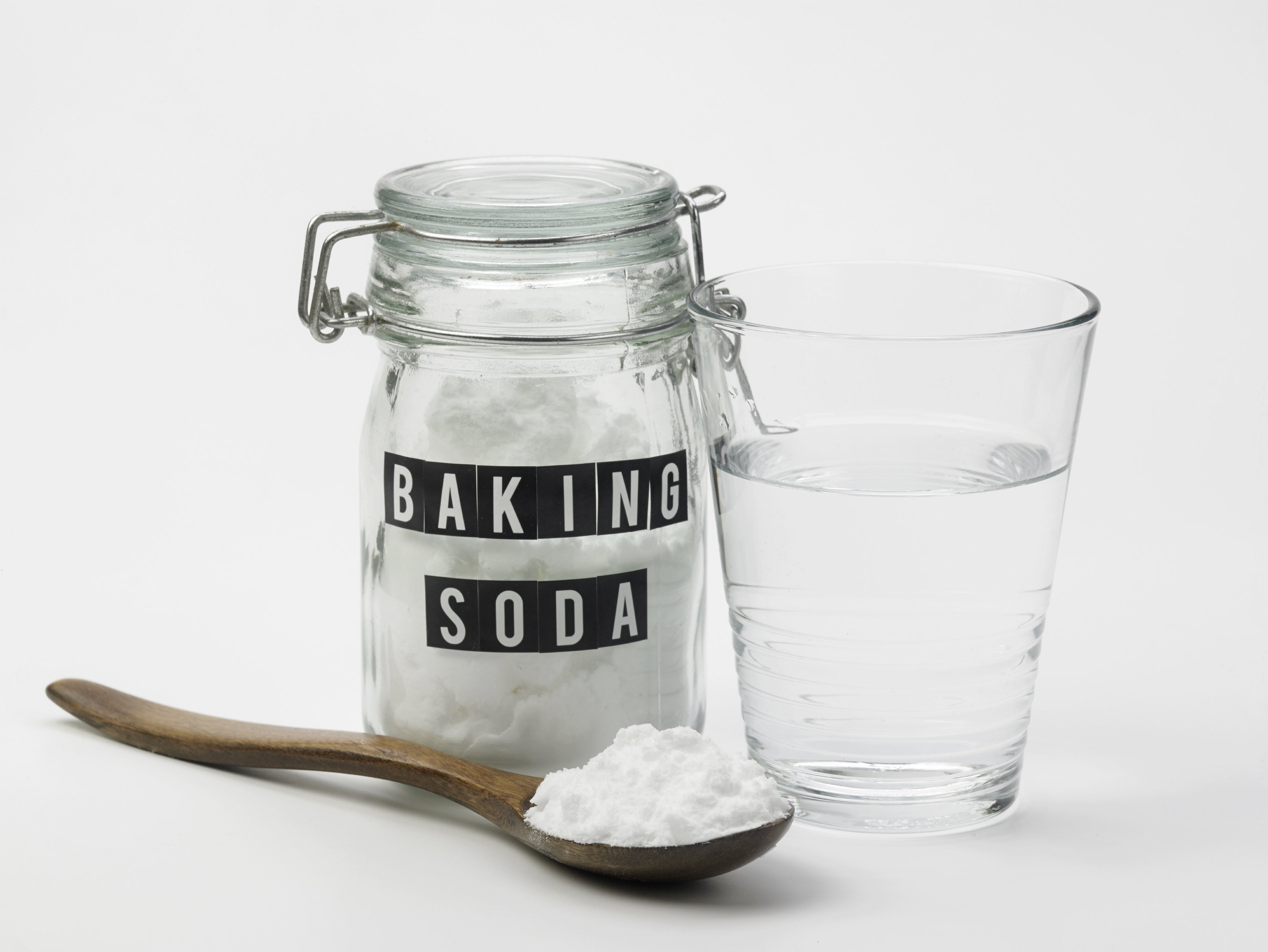
2. Baking Soda + Lemon Juice
Another sustainable idea is using baking soda and lemon juice as a natural alternative to laundry detergent.
Many people know that baking soda and lemon juice are the go-to combinations for many cookies, cocktails, and cakes. However, these two powerful ingredients are also the greenest replacement for laundry detergents. Lemon is a strong antibacterial and its citrus, tangy smell makes the clothes smell like a scent straight from heaven. The potent cleaning effect the lemon gives leaves many commercial detergents behind in this race.
Baking soda is an equally good option for stripping tough stains from fabric and removing bad odors. An interesting fact about using baking soda and lemon juice for laundry is that it can also extract the venom of insects from clothes. Another one is that you can use lemon juice as a dishwasher detergent.
How to use it?
Measure 1 cup of baking soda in the washing machine drum and squeeze 2-3 lemons (½ cup) in the same drum while setting the wash cycle. Note that the amount of ingredients can vary depending on the load size.
Some precautions:
Do not use wool and silk clothes as baking soda might damage the fabrics.
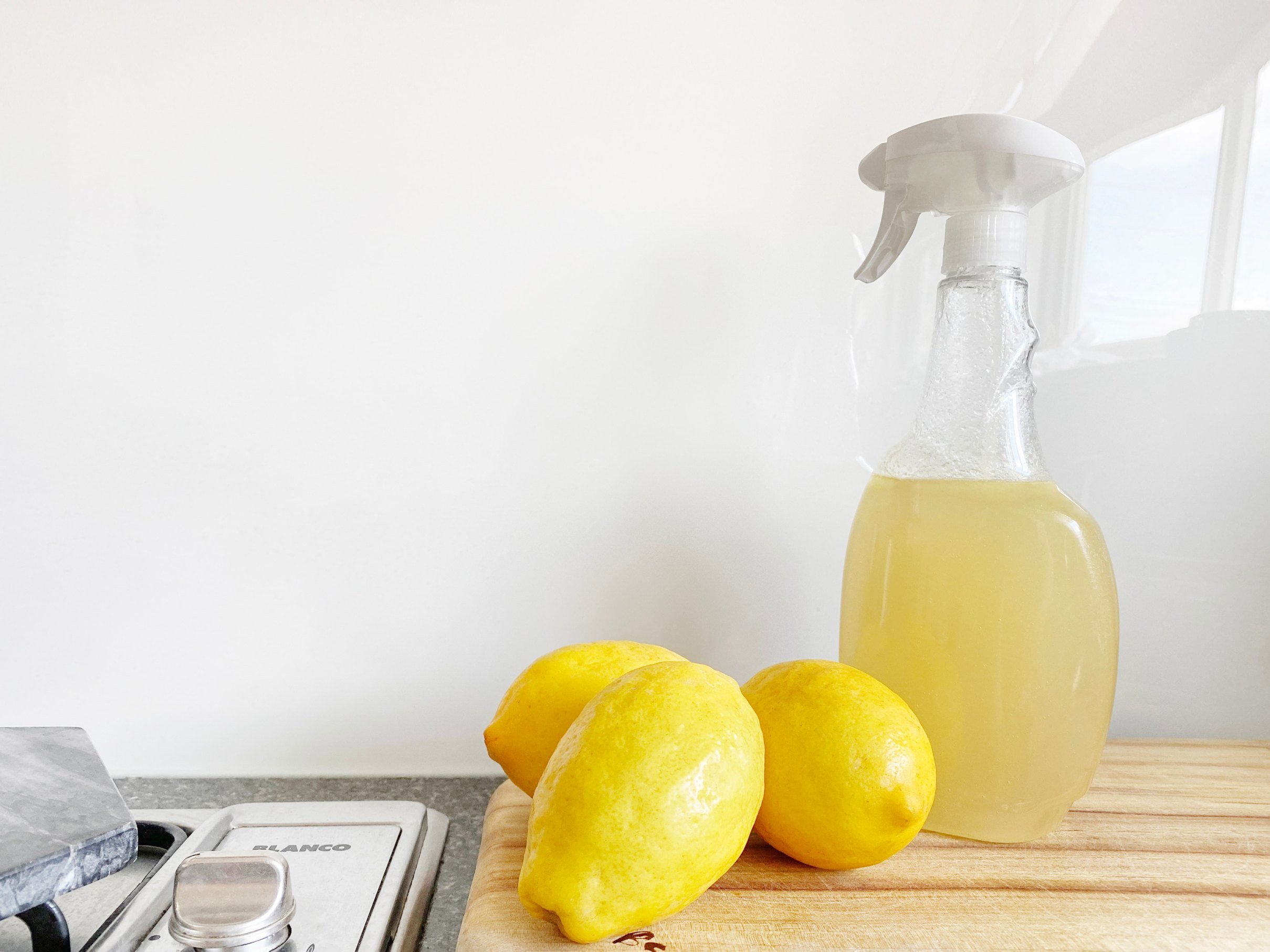
3. Plain Vinegar
Another proven natural detergent is plain white vinegar. Adding a small amount of vinegar to your wash cycle can do wonders for your laundry. It can whiten and brighten your clothes without the use of any abrasive chemicals.
It is a safe and sustainable alternative to your regular detergent, softens your clothes, and fights tough stains. Plain vinegar is a great example of a homemade laundry detergent and is also a very effective dishwashing liquid.
How to use it?
To brighten discolored and grimy clothes, add 1 cup of vinegar to your laundry load. The clothes will come out shiny, clean, and as new as ever. Use only distilled white liquid vinegar as it is free of harsh chemicals and dyes.
For softening of fabrics, use ½ cup of vinegar in the final rinse cycle. The vinegar will absorb the excess body oils from the fabric, making them very comfortable to wear.
Vinegar is highly compatible with a variety of materials, like cotton, linen, and synthetic fibers.
Some precautions:
Avoid using vinegar with wool, silk, and other sensitive fabrics. Also, do not worry about your clothes smelling like vinegar afterward.
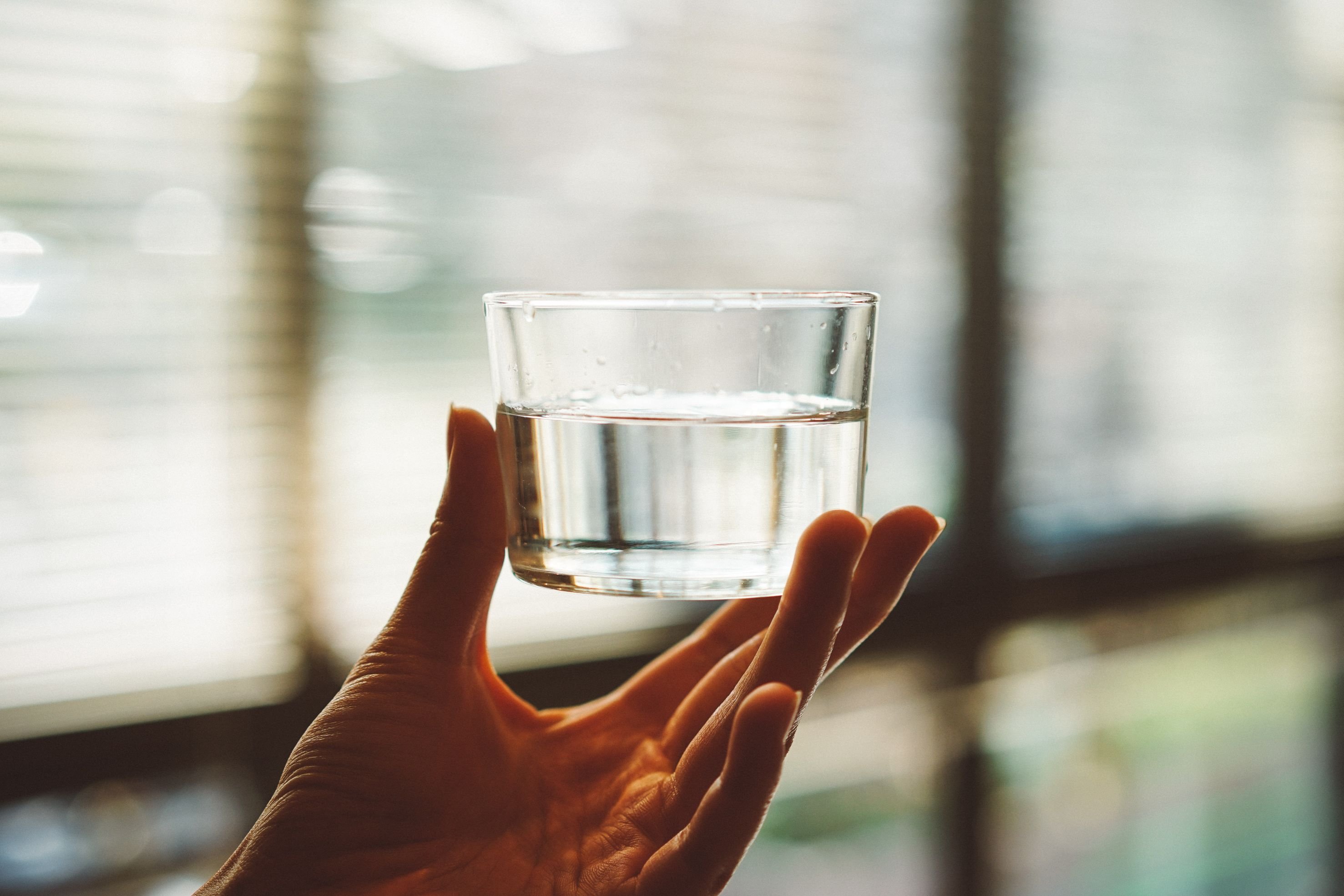
4. Borax
As many slime enthusiasts know, Borax (sodium tetraborate) is an active ingredient in making slime. However, few people know that it is also a great natural alternative to laundry detergent.
Borax is a natural mineral that has been used for thousands of years all over the world. It is a soft, white powdered material that dissolves readily in water. Borax is extremely alkaline which means it creates a highly basic solution in the water that helps to fight acidic stains.
How to use it?
Mix ½ cup of Borax powder with your laundry load. Wash and dry your clothes as usual otherwise.
Some precautions:
Borax is not suitable for delicate or brightly colored fabrics. Also, Borax might irritate sensitive skin – add the powder slowly to avoid spreading it in the surrounding environment. Keep it away from children.
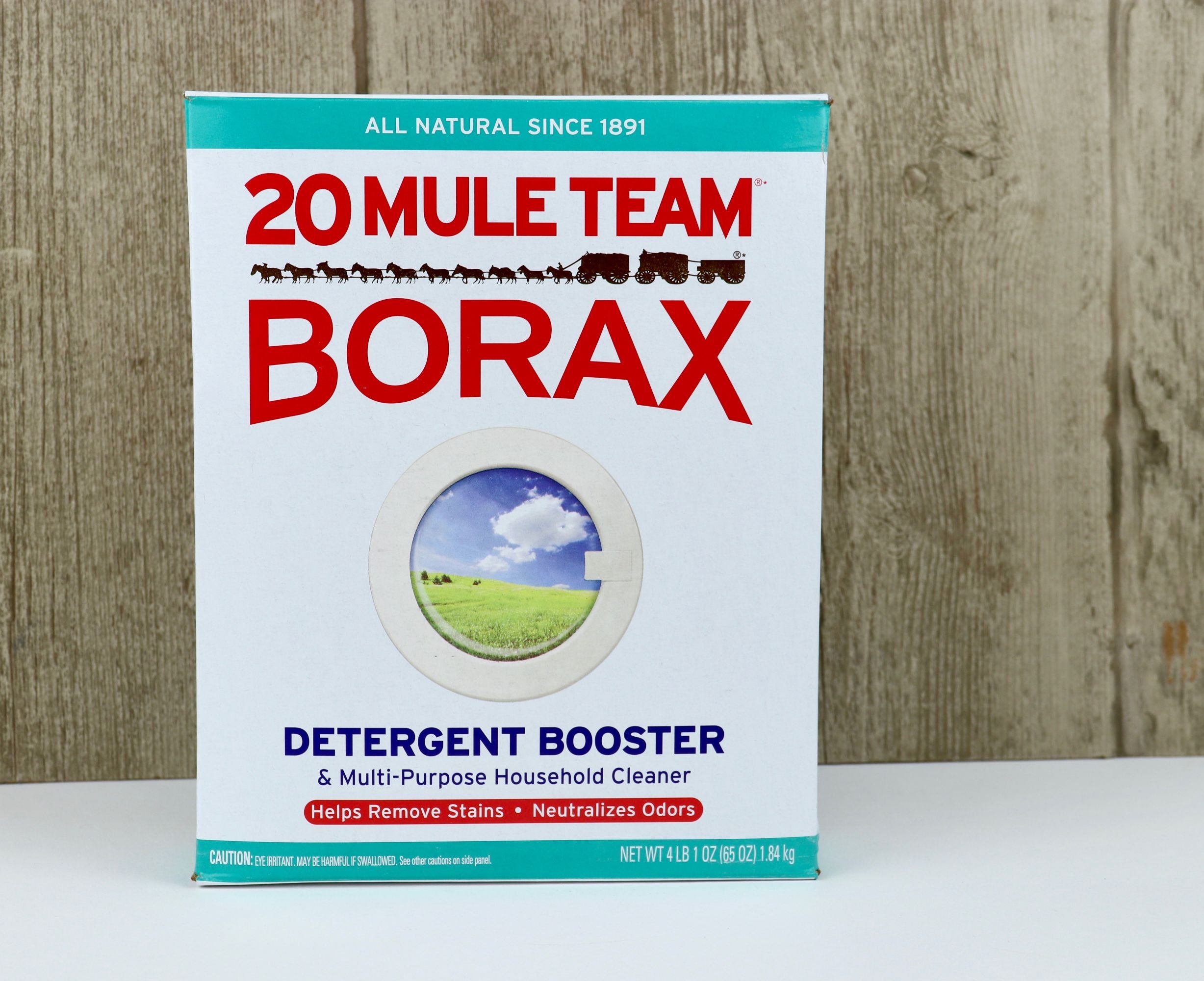
5. Natural Bar Soap
Natural bar soaps are one of the most popular choices for people who do not want to expose their laundry to strong chemicals and want to use sustainable detergent alternatives. These kinds of soaps are generally biodegradable and free from all kinds of synthetic dyes and fragrances.
These soaps are easily available at supermarkets and are relatively inexpensive. Just like regular detergents, they can create lather which removes stains without damaging the fabric. These soaps can range from soap nuts to natural bars with ingredients including washing soda and some oils.
How to use it?
First, wet the soap and soak it in warm water. This would help dissolve the soap. Add the soap to the detergent drawer of your washing machine. The clothes will come out spotlessly clean. Cold water will be less effective with natural bar soaps – use warm or hot.
Some precautions:
Laundry that is not rinsed properly (or a washing machine that produces too many suds) can acquire an itchy feeling. You can add ½ cup of vinegar or lemon juice to remove any soap residue during the rinse cycle.
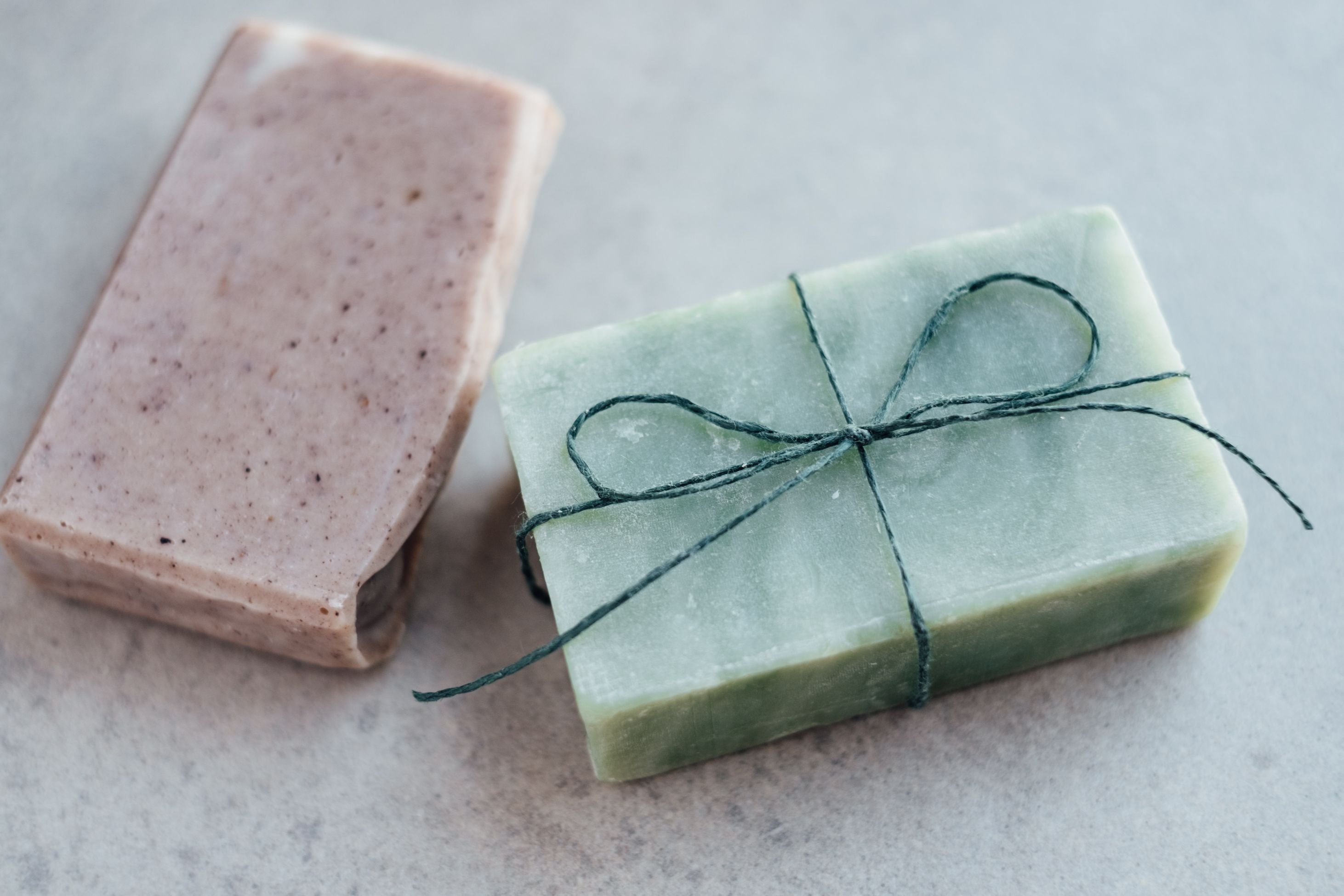
6. Peroxide for Whites:
Hydrogen peroxide (usually sold in a brown bottle) is a great natural detergent for your white clothes.
It is an oxidizing agent and is more eco-friendly than other strong bleaches such as chlorine. The solution removes stains, neutralizes odors, and can also disinfect clothes while brightening them.
How to use it?
Measure 1 cup of peroxide in your load of whites and run your washer and dryer like you normally would.
Some notes:
Hydrogen peroxide is usually found as a 3% solution in stores and pharmacies.
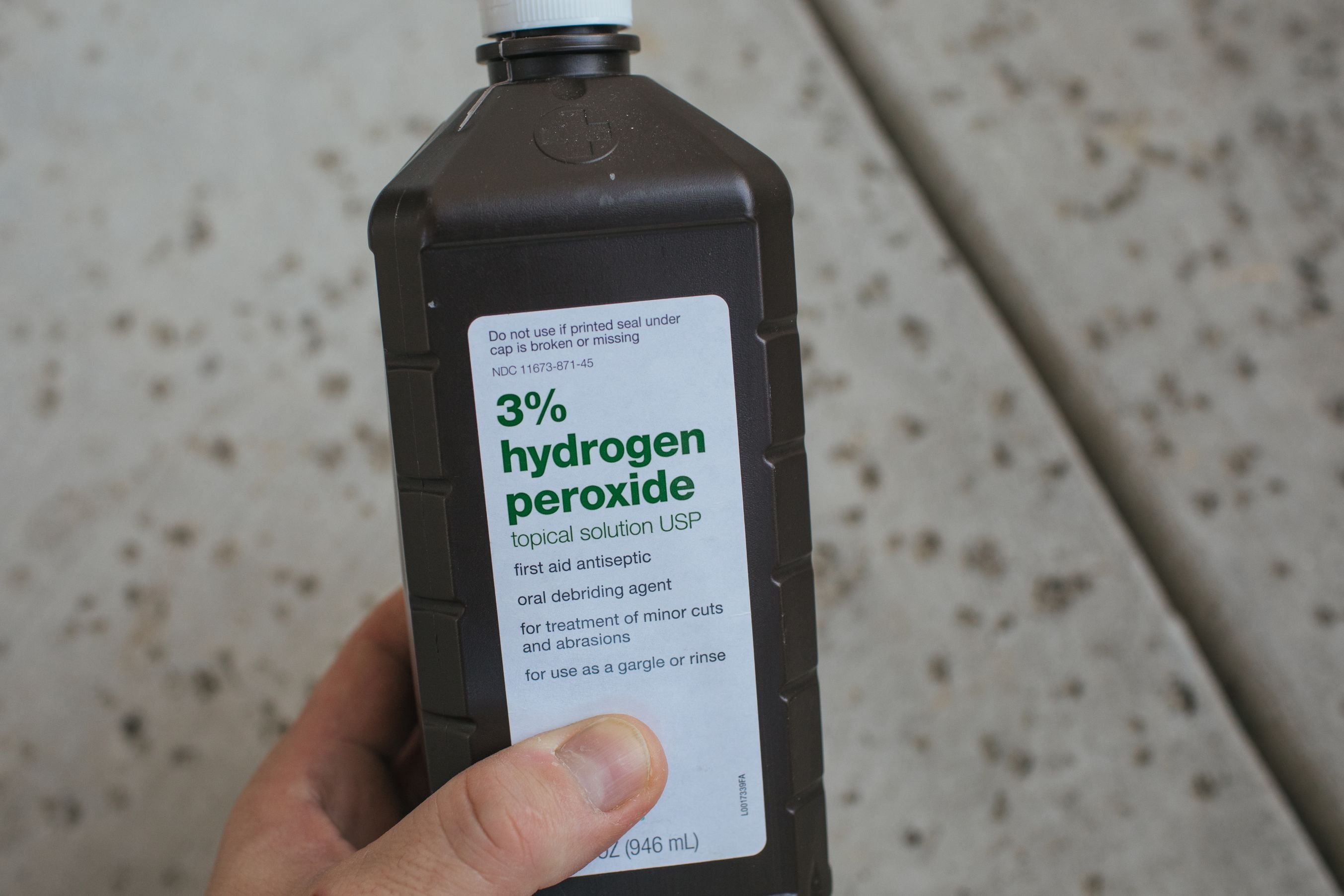
Other Ways to Make Laundry Sustainable
Sustainable laundry practices go beyond the laundry detergent you choose. Here are some additional eco-friendly tips:
Bring in energy-efficient washers and dryers
New appliances with higher energy efficiency can be a terrific way to adopt greener practices. In comparison to earlier machines, modern washers and dryers use substantially less electricity and water, making them more sustainable. Such options will not help conserve the environment, but also reduce your utility bills.
Furthermore, to cope with sustainable washing practices, it is also important that you know how often you should wash clothes.
Stop extensive ironing
Nobody wants to wear wrinkled clothes, but ironing can be a very tedious task and a burden on utility bills too. To avoid this situation, try to hang up your garments as soon as the wash cycle is over to avoid clothes looking scruffy. This will reduce the time required for ironing later on.
Utilizing full laundry loads
Another crucial aspect of sustainable laundry is running full loads. By engaging in this practice, you don't need to do as many loads – saving time, water, and energy. Additionally, since your washing machine is running as designed, full loads of laundry might assist in preventing wear and tear. This can be a win-win situation for your time, clothes, and appliances.
Choose eco-friendly laundry services
You can easily save time and reduce your environmental footprint by choosing an eco-friendly laundry service, such as Rinse. You can rest assured we will employ many of the above best practices while washing clothes.
The best part about Rinse is that we come to you and pick up and deliver your laundry and dry cleaning– whether it's your favorite suit, athletic gear, or towels.
You can rest assured that your towels will come back smelling fresh and looking great.
Contact us at Rinse today to see our skill in action.


